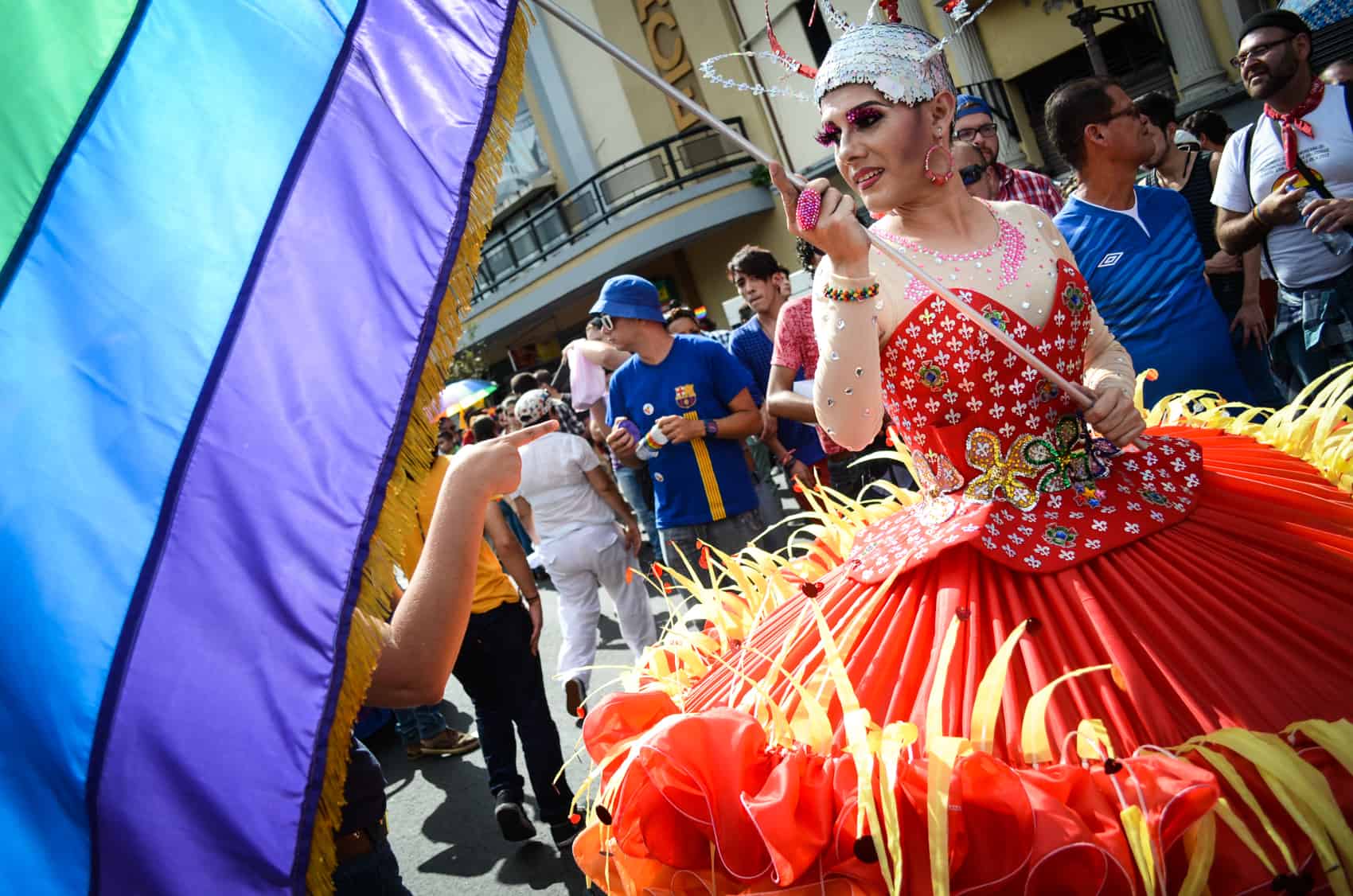Costa Rica’s Legislative Assembly on Monday passed a measure – by accident – that could legalize same-sex civil unions as part of a larger bill, lawmakers noted on Tuesday.
Conservative lawmakers voted for the bill’s passage without recognizing the included language that could be interpreted to change the definition of marriage, according to the daily La Nación. Lawmakers immediately called for President Laura Chinchilla to veto the bill.
José María Villalta, a lawmaker from San José, inserted the language into the bill. Villalta is a member of the leftist Broad Front Party. The language confers social rights and benefits of a civil union, free from discrimination, according to La Nación.
Villalta attached the measure to a reform of the Law of Young People, which covers various social services for young people and laws governing marriage.
“During the discussion in the first debate, we explained that the Law of Young People should be interpreted with this sense of opening to gays and no one objected,” Villalta said, according to La Republica.
Conservative politicians such as Justo Orozco, a member of the evangelical National Renovation Party, slammed the measure.
“That preference is not a right,” Orozco said, according to La Nación. “It’s a stunted development of sexual identity. It can change like alcoholism, tobacco addiction.”
Carlos Avendaño, a lawmaker from another evangelical party, the National Restoration Party, threw cold water on the measure. According to La Prensa Libre, Avendaño said the measure is a mirage because the law already established that marriage unions are between a man and a woman.
“The reference that is here is for heterosexual partners,” Avendaño said.
Marco Castillo, president of the Diversity Movement, said he was optimistic about the bill’s passage. However, for civil unions to survive, it would have to survive a constitutional challenge in the court.
“It is a big step forward for gay rights in Costa Rica,” Castillo said in a phone interview.
The legislation comes one day after thousands marched for gay marriage in San José. In 2011, Chinchilla said she would not oppose gay marriage if the courts allowed, but she has not campaigned on the issue. A poll at that time said 73 percent of Costa Ricans opposed same-sex marriage.
Currently, five Latin American countries recognize same-sex unions. Argentina and Uruguay recognize gay marriage, while Brazil, Colombia, and Ecuador recognize same-sex unions, according to the Washington Post.






